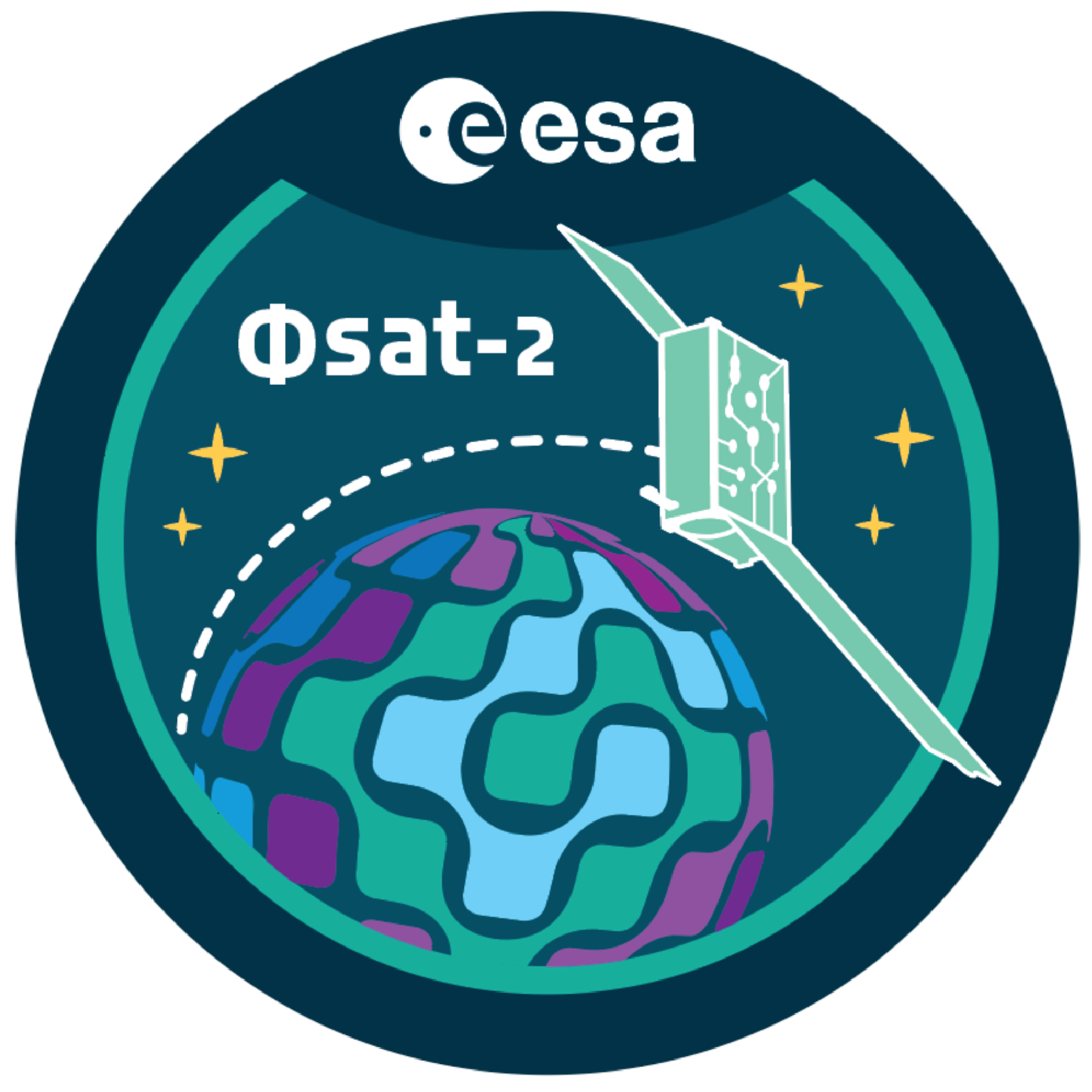
Phisat-2 is a cutting-edge 6U nanosatellite developed by Open Cosmos for the European Space Agency and designed to revolutionise Earth observation and space research through Artificial Intelligence. This satellite, through its AI applications, is capable of many things that can provide actionable information on the ground, such as:
- Street Map Generation: Transforming a satellite image into a street map
- Cloud Detection as a Service: Making cloud detection available as a service to other applications to reduce the volume of data to be processed in space
- Autonomous Maritime Vessel Detection and Classification: Using machine learning for autonomous detection and classification of maritime vessels
- On-Board Image Compression and Reconstruction: Exploiting AI to compress images on board and then reconstruct them on the ground without losing relevant information
- Real-Time Environmental Monitoring: Detecting oil spills, algae blooms, and sediment in real-time
- Critical Real-Time Information for Firefighters: Providing critical real-time information for firefighters to help them locate fire sources, track fire spread, and identify any hazards they might encounter
The data provided by Phisat-2's multispectral camera and AI applications can generate multiple benefits for customers, such as: faster response times to clean up spills, helping prevent the spread of harmful algae blooms, aiding in monitoring the health of marine ecosystems, assisting firefighters in their operations, among others.
Phisat-2 is scheduled to be launched this summer from Vandenberg Space Force Base, California, U.S. Stay tuned on Open Cosmos' social media channels for updates.
Key Features
Satellite: 6U
Partners: European Space Agency (ESA), CGI, KP Labs, CEiiA, GEO-K, IRT Saint Exupéry Technical Research, Thales Alenia Space
Payload: Multispectral Imager
AI Technology 1: Sat2Map, developed by CGI
AI Technology 2: Cloud Detection, developed by KP Labs
AI Technology 3: Vessel Detection, developed by CEiiA
AI Technology 4: Deep Image Compression, developed by GEO-K
AI Technology 5: Anomalies in Marine Ecosystems, developed by IRT Saint Exupéry Technical Research
AI Technology 6: PhiFire AI, developed by Thales Alenia Space
Mass: 8.9 kg


